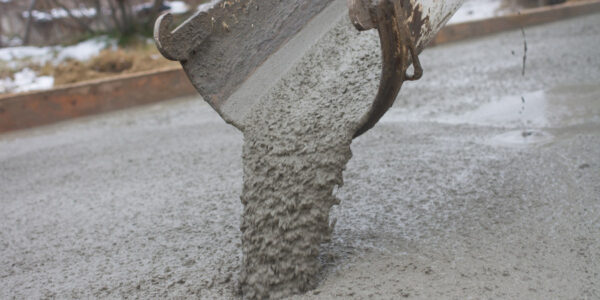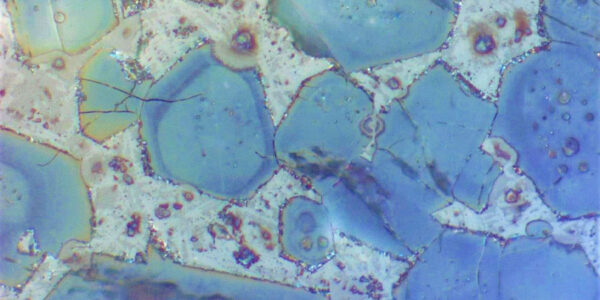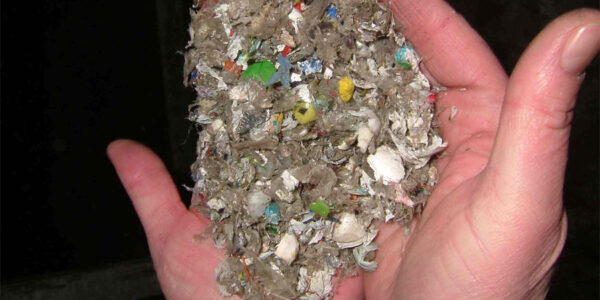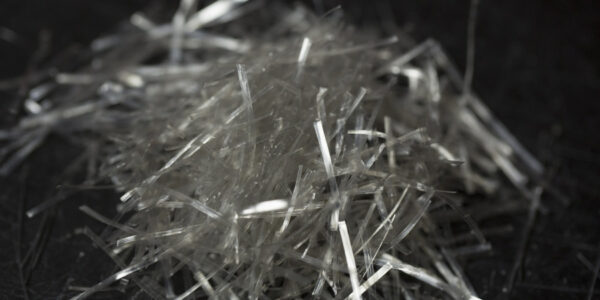
Cement PSD and Water Demand
Cement particle size distribution and water demand Concrete customers usually prefer cement with a low water…

How DCI® Works – TB-0909
This Technical Bulletin describes the role of corrosion inhibitors, and the way DCI® Corrosion Inhibitor controls…

CRACK STITCHING PROCEDURE
TOOLS & MATERIALS 1. Vacuum. 2. Hammer Drill and a 3. 5/16”” diameter x 6” long drill…

DUCTILCRETE® Staining & Polishing Procedure
This Procedure can be utilized to darken the surface of the DUCTILCRETE® when grinding and/or polishing edges…

CRACK REPAIR PROCEDURE – Min Width 0.016in
TOOLS 4″ Right Angle Grinder. Diamond V Blade (3/8” wide). Norton Blue Strip Disc (No substitutes).…

Decarbonizing the Cement Industry – Digital and chemical solutions enabling CO2 reduction
Cement manufacture accounts for roughly seven percent of total man-made CO2 emissions. Today, cement and concrete…

How to reduce bug holes in concrete
When working on a concrete structure where aesthetics are important, extra care needs to be taken…

Controlling concrete setting times
Concrete chemistry is complicated, and the makeup of the mix can impact its behavior – from…

The benefits of clinker microscopy
The microstructure of clinker has a marked influence on the majority of cement and concrete performance…

Using alternative fuels in cement production
The use of alternatives to fossil fuels has been growing rapidly in cement production in recent…

Tackling high-rise concrete construction challenges
As architects design new high-rise buildings taller and with more complexity, producers are challenged to deliver…

Are you putting the right fiber for the right purpose in your concrete?
There are myriad options when it comes to fiber reinforced concrete, and it can be confusing…


